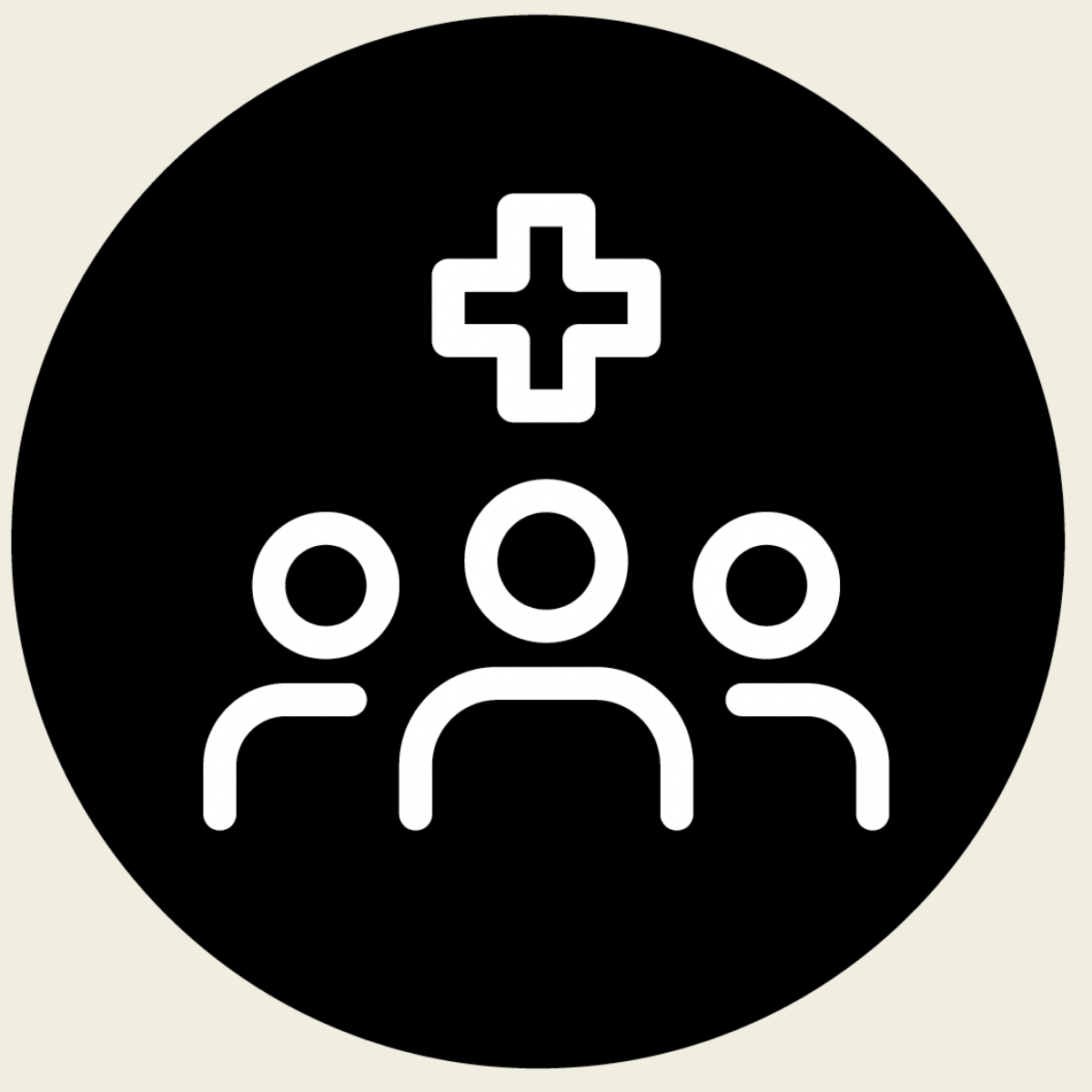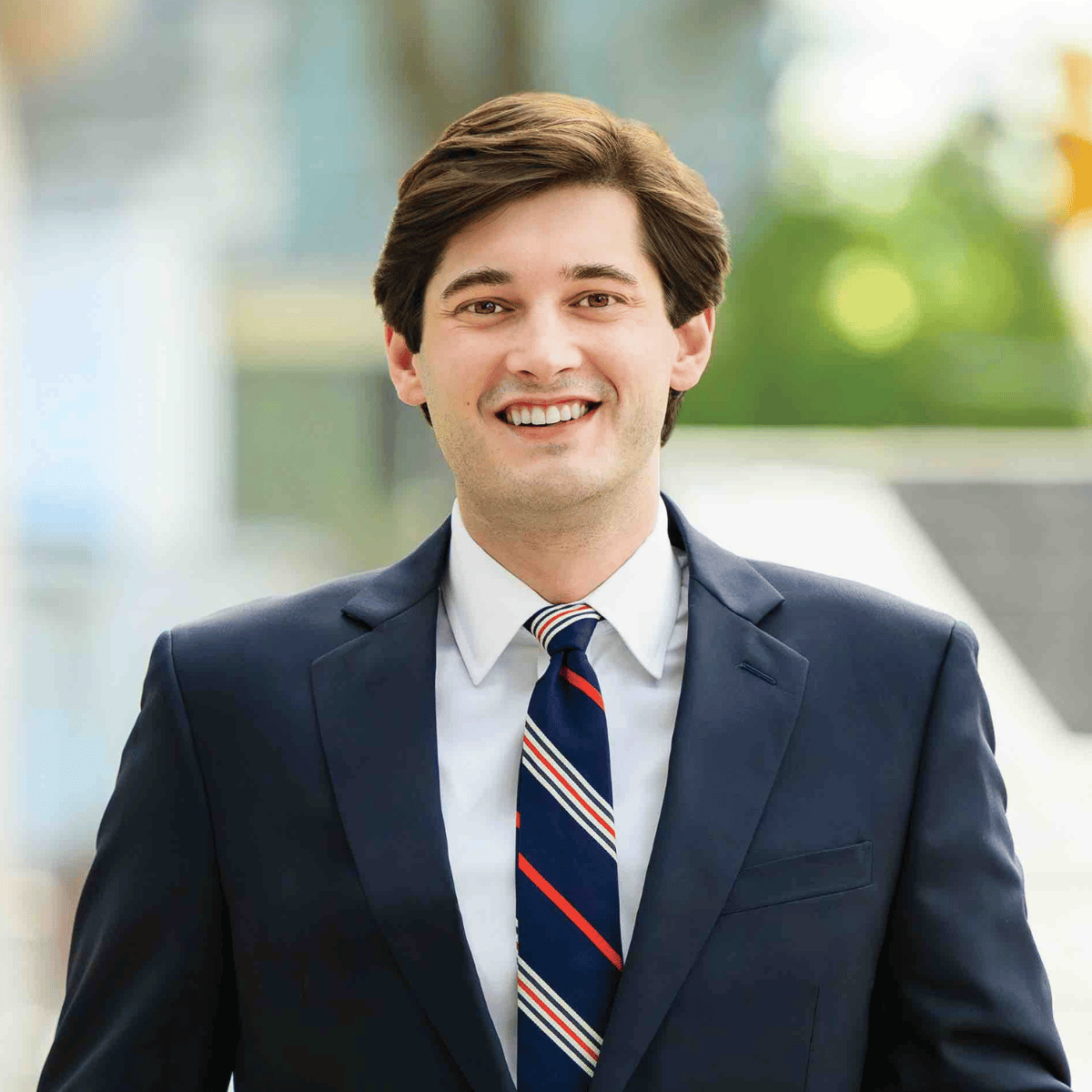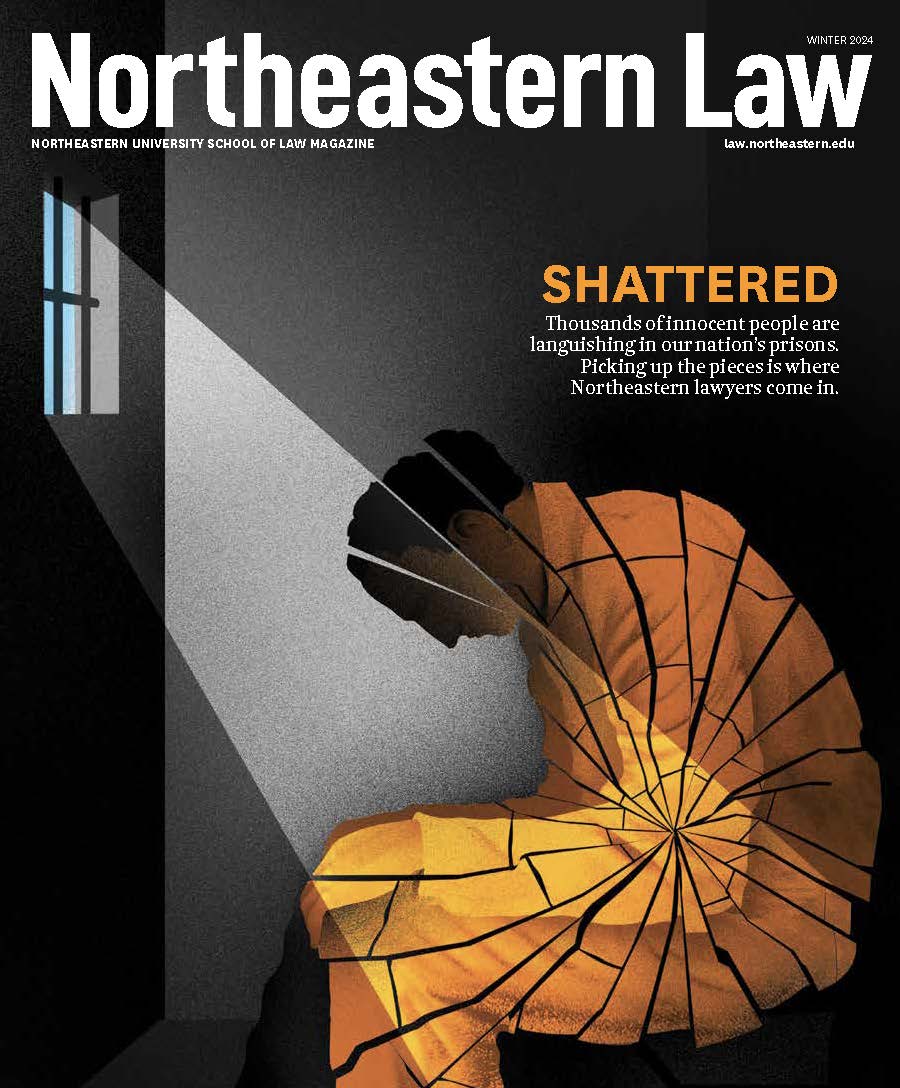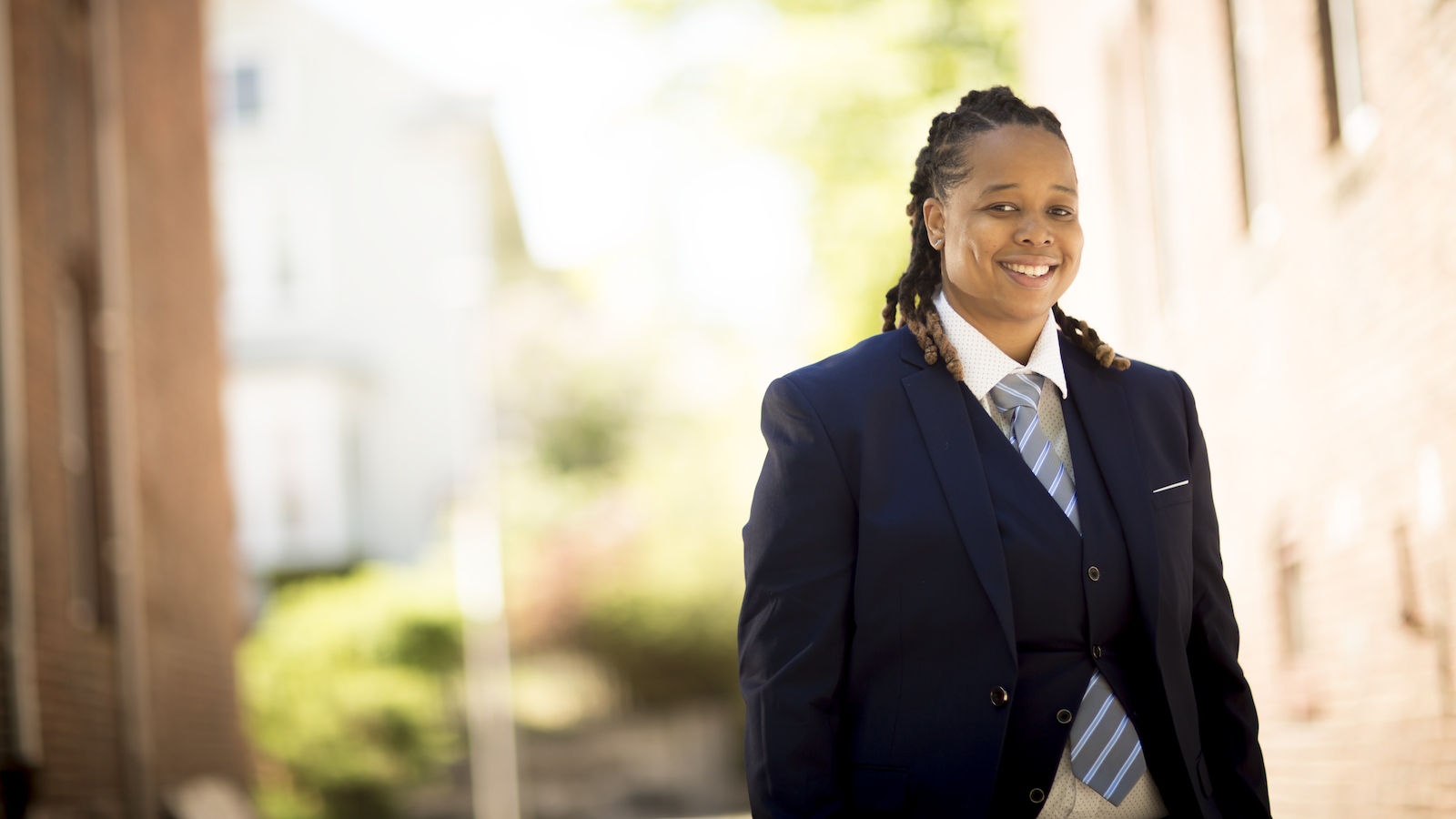PHAI Argues for Brookline Tobacco Ban at SJC

The Massachusetts town of Brookline is not just blowing smoke when it comes to ending the tobacco epidemic. As of September 1, 2021, no one born in the 21st century is allowed to buy tobacco in the Boston suburb of 60,000 people after town meeting voters adopted a first-in-the-nation bylaw prohibiting tobacco or e-cigarette sales to anyone born on or after January 1, 2000. While support for the new regulation is strong, a challenge brought by a group of Brookline tobacco merchants was recently argued before the Massachusetts Supreme Judicial Court (SJC).
Brookline is represented by Northeastern Law’s Public Health Advocacy Institute (PHAI), which argues that the ban is legal under a 2018 state law allowing towns or cities to pursue their own rule that “limits or prohibits the purchase of tobacco products.” Governor Maura Healey ’98 approved the Brookline bylaw when she served as the commonwealth’s attorney general.
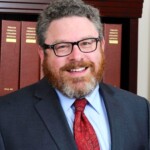
“Brookline is the first place in the world to implement this type of policy, and believe it or not, there are many advocates around the globe following this case,” said Mark Gottlieb ’93, executive director of PHAI.
During oral arguments before the SJC in November, those opposed to the regulation argued that it could have wide ramifications for convenience stores, where tobacco products account for more than one-quarter of merchandise sales nationally, according to a Massachusetts trade group representing local retailers. The high court will decide whether to uphold a lower court’s decision to dismiss the lawsuit, known as Six Brothers v. Brookline, where store owners argued Brookline’s tobacco ban undercuts the 2018 law and the intent of the legislature to set a minimum sales age for tobacco at 21.
“Brookline’s approach is to eventually eliminate tobacco sales in the town, but the real public health impact will be felt when other communities join this effort, which requires a favorable outcome in the litigation,” said Gottlieb.
Share
To ensure public health is not undermined in the courts, Northeastern Law’s Center for Health Policy and Law (CHPL), as part of the Act for Public Health partnership, recently released a report, A Plan for Action: Protecting Public Health in the Courts, that calls for several critical action steps, including research, education and coordination with allies in organizing and drafting amicus briefs in cases with significant public health ramifications.
Professor Sharmila Murthy’s article “Disrupting Utility Law for Water Justice,” published in the Stanford Law Review in 2024, was selected for inclusion in the 17th edition of the prestigious Environmental Law and Policy Annual Review (ELPAR).
Co-op Matters
When it comes to judicial clerkships, let the record show that Billy Czerwinski ’25 might well be Northeastern Law’s greatest gavel enthusiast.


